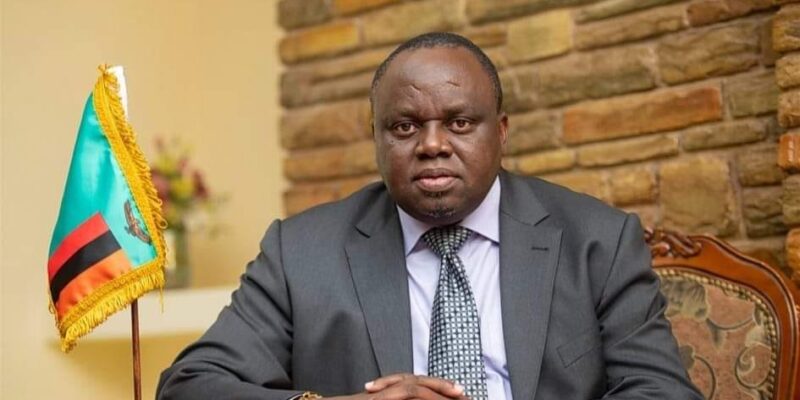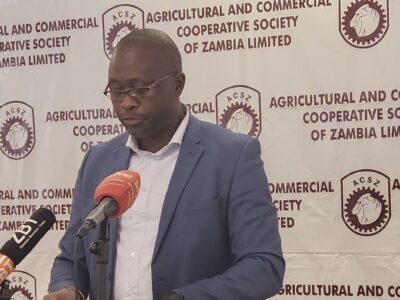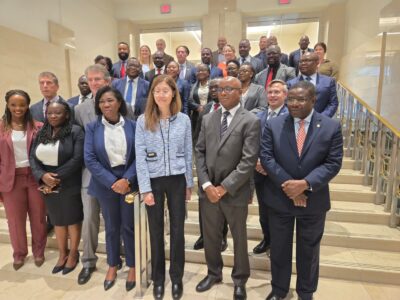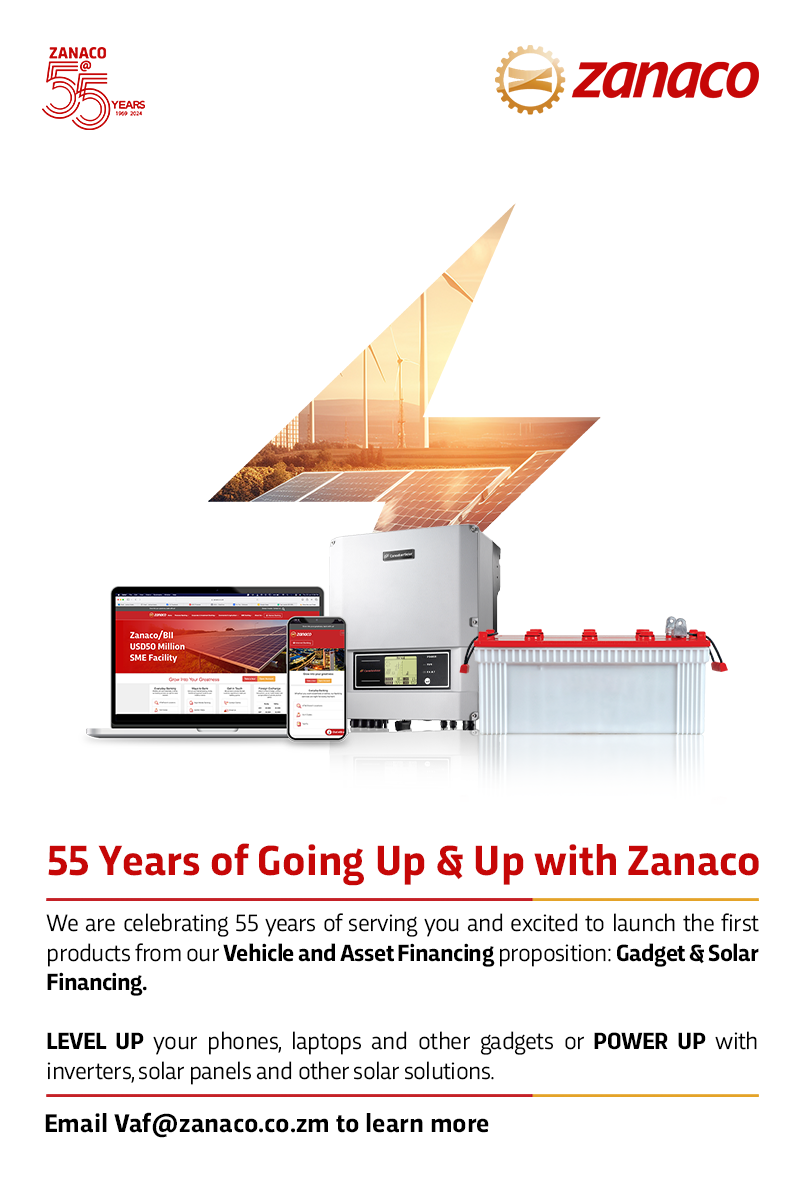Mines and Mineral Development Minister, Paul Kabuswe, has announced that government has developed a national strategy aimed at harnessing and utilising the critical minerals to support Zambia’s social economic development.
Kabuswe explained that the national critical minerals strategy provided guidance on investments for explorations, mining, development, processing and supply of goods and services in Zambia’s sub-sector.
He said this on Monday at the sustainable and inclusive minerals value chains South- South cooperation and knowledge sharing forum in Lusaka in a speech read on his behalf by Permanent secretary, Hapenga Kabeta.
“As you may know, Zambia is endowed with critical raw materials vital in the green energy transition and ongoing technological advances.
“We are determined to implement measures to facilitates the attainment of strategic development goals and share the Africa Mining Vision of transparent, equitable and optimal exploitation of mineral resources,” Kabuswe said.
He said government had been repositioning itself to respond to emerging issues as the demand for clean energy transition grew, through policy and legal reforms.
At the same function, the United Nations Development Programmes (UNPD) said the opportunity presented by the growth in demand for critical minerals threw light on the problems that have long plagued the mining sector.
UNDP Zambia Resident Representative, James Wakiaga, said the current growth in demand for both development and critical minerals provided an opportunity to use the mining boom for advancing sustainable development and reducing poverty.
He noted that the opportunity presented by the growth in demand for critical minerals also shined the light on the problems that had long plagued the mining sector.
He said this in a speech read for him by UNDP Assistant Resident Representative, Gregory Saili.
“The lessons of the previous mining boom in 2000s show that much more needs to be done by governments and by mining companies so that mining generates financing for development and that in turn is utilised well by governments to finance development.
“More needs to be done to upskill people and create jobs so that a bigger share of the wealth from minerals stays with mineral producing countries; more needs to be done to safeguard the rights of people living in impact zones of mining; more needs to be done to protect the environment; mining-driven economic growth needs to be more inclusive,” Wakiaga said.
Meanwhile, European Union (EU) Special Advisor to Directorate-General for International Partnerships, Henrik Hololei, said the EU Commission would support Zambia’s determination to export its materials in finished product.
WARNING! All rights reserved. This material, and other digital content on this website, may not be reproduced, published, broadcast, rewritten or redistributed in whole or in part without prior express permission from ZAMBIA MONITOR.













Comments